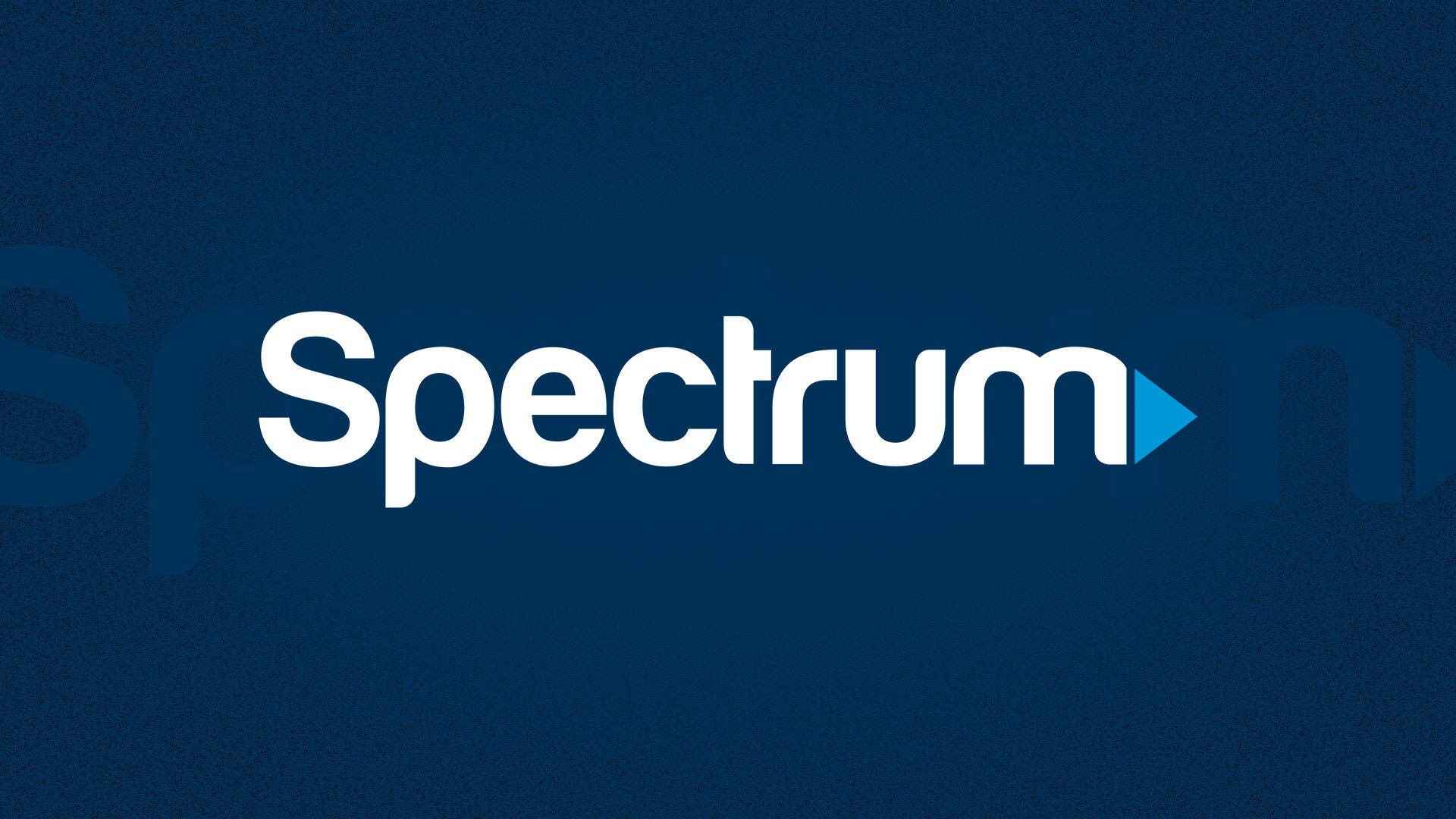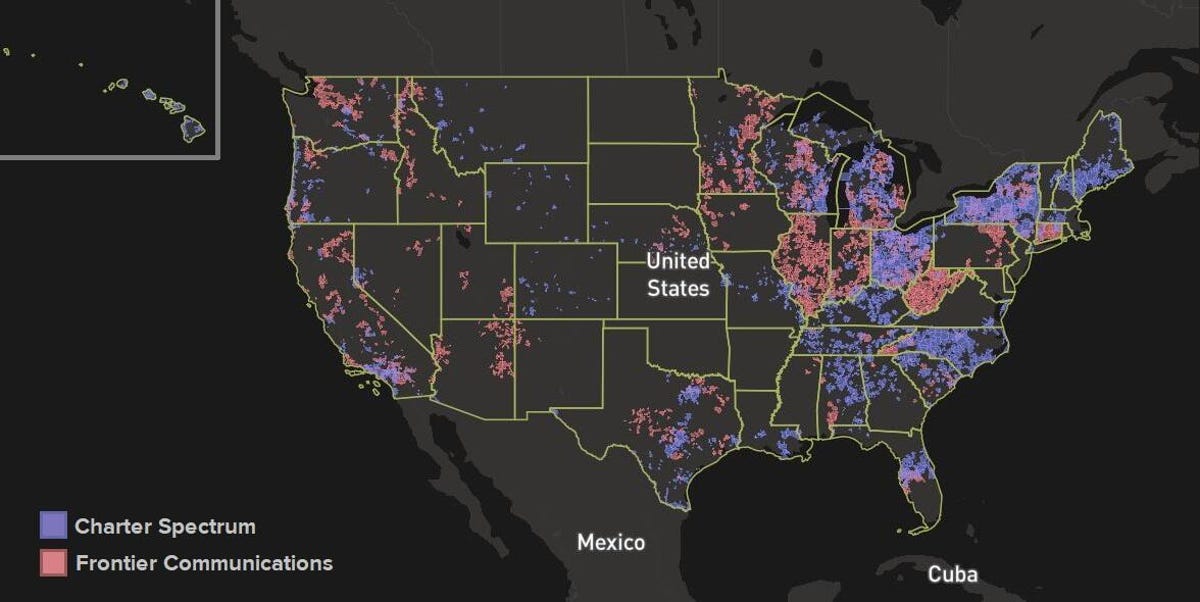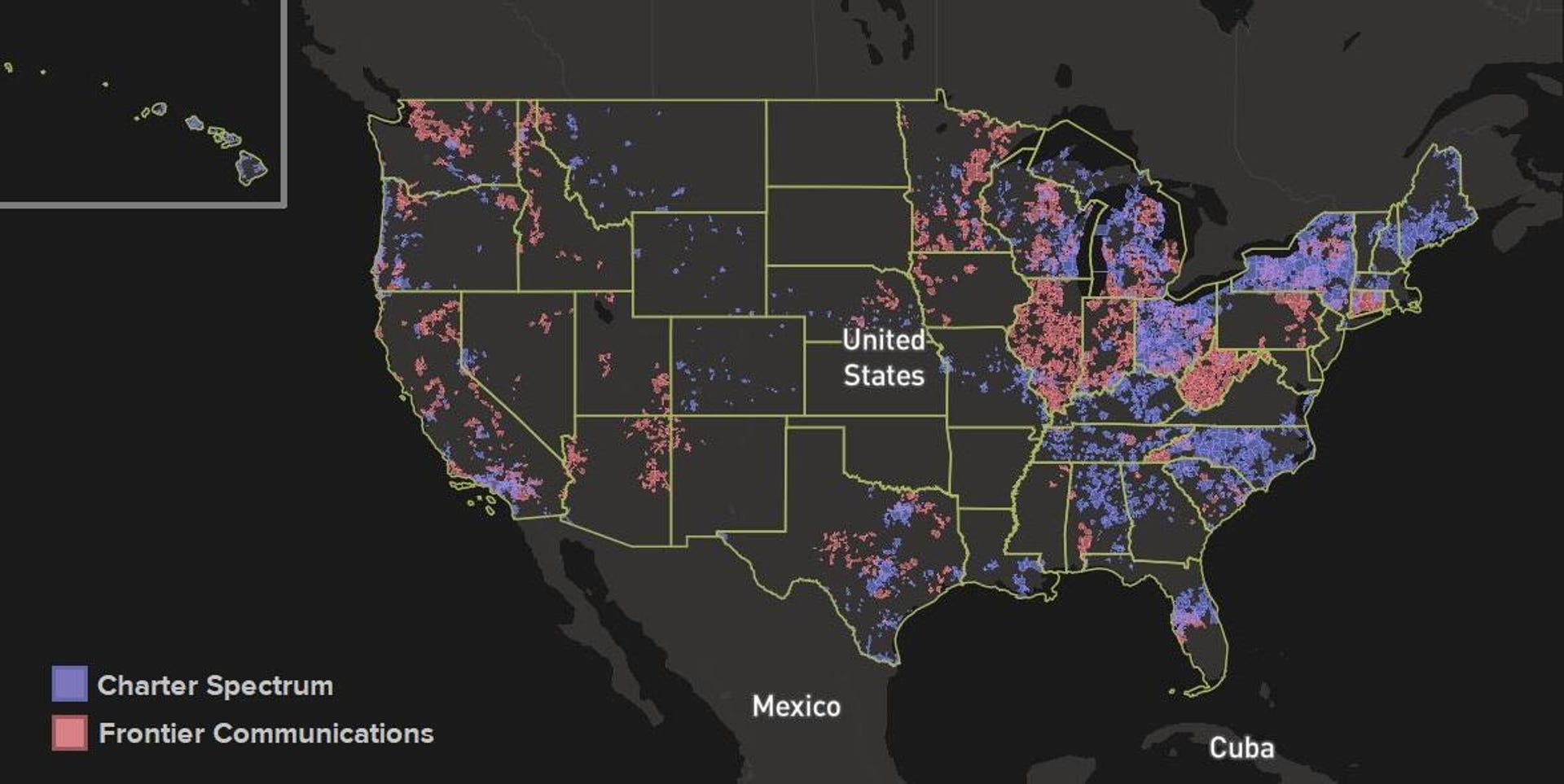Our Experts

CNET staff -- not advertisers, partners or business interests -- determine how we review the products and services we cover. If you buy through our links, we may get paid.
Reviews ethics statement
Ry Crist Senior Editor / Reviews - Labs
Originally hailing from Troy, Ohio, Ry Crist is a writer, a text-based adventure connoisseur, a lover of terrible movies and an enthusiastic yet mediocre cook. A CNET editor since 2013, Ry's beats include smart home tech, lighting, appliances, broadband and home networking.
Expertise Smart home technology | Wireless connectivity Credentials
- 10 years product testing experience with the CNET Home team
Our expert staff selects the products we cover and rigorously researches and evaluates our top picks. The order in which our top picks are presented may be impacted by partnerships, and we may get a commission if you buy through our links.
Enter your address to view internet providers available near you
Prefer to speak with an expert live? Call (855) 277-9918 for availability in your area.
Check availability

Price range
$50 per month
Key Info
Unlimited data, no contracts, no equipment fee
Check availability

Price range
$50 - $80 per month
Speed range
300 - 1,000Mbps
Key Info
Unlimited data, simple pricing, no contracts, modem included, free access to nationwide Wi-Fi hotspots
It's a coin toss between these two internet service providers. On one hand, Spectrum's cable offerings feature competitive gigabit speeds and pricing in the first year. Still, if Frontier's fiber-optic services are available at your address, we recommend going with that option. Frontier Fiber's wide range of plans, symmetrical speeds and overall pricing value make it CNET's pick. However, if Frontier's slower DSL network is the only option, Spectrum becomes the easier choice.

Unfortunately, we can't just get any home internet service we want. Limited service areas often keep our options to two, maybe three, plausible internet options. While more choices would be nice, the option of Frontier or Spectrum isn't necessarily a bad one to have. Both providers offer decent speeds, particularly if Frontier Fiber is available at your address, and come with simple pricing that includes unlimited data and no contract requirements.
If you're trying to decide between Frontier and Spectrum for your home internet needs, we're here to help. Keep reading to look closely at how the two providers stack up in terms of technology, speeds, coverage and customer satisfaction.

Our take - Verizon's recent acquisition of Frontier is expanding the network's fiber services to over 10 million locations by 2026. In addition, Frontier Fiber is helping the company make positive strides in customer satisfaction studies. While the company's DSL service score decreased by 3% from the previous year, with a paltry 59 out of 100 in the most recent American Customer Satisfaction Index, Frontier Fiber nabbed a 76 score, meeting the industry average for all fiber ISPs.
Read full review
Or call to learn more: (888) 451-4958

Our take - Charter's Spectrum Internet features competitive rates, unlimited data, no contracts and a minimal ($7) equipment fee, which can be avoided by using your own router. In the latest Ookla Speedtest Connectivity Report, Spectrum placed fifth among the fastest ISPs in the country. While the upload speeds can't compete with fiber internet, customers will experience more consistent performance with cable internet than any DSL plans.
Read full review
Or call to learn more: (855) 873-6429
What connection types do Frontier and Spectrum offer?
There are many methods internet providers can use to deliver internet connectivity to people's homes. Fiber is often the fastest option, but it's only available in neighborhoods equipped with ground-laid fiber-optic cable, and rollouts like those are slow going.
Frontier offers fiber internet in 17 states, covering about one-third of the company's customers, per the Federal Communications Commission. The rest of Frontier's customers get online with a much slower, copper-based DSL connection.
Meanwhile, Charter only offers Spectrum fiber service to less than 1% of its customer base, and it doesn't offer DSL service at all. Instead, the company gets 99% of Spectrum users online via coaxial cable connection. In fact, Charter Spectrum is the nation's second-largest cable provider. The infrastructure it acquired after purchasing Time Warner Cable in 2016 plays a big role there.
With cable internet, download speeds will typically come in at a few hundred Mbps, though Spectrum's fastest plans can go as high as 1,000Mbps.
Frontier vs. Spectrum on internet plans and pricing
That brings us to plans -- here's a look at what both companies have to offer:
Frontier internet plans
| Plan | Monthly price | Max speeds | Fees and service details | |
|---|---|---|---|---|
| Frontier Internet (DSL) Read full review | $65 | Varies | No equipment fees, data caps or contracts | |
| Fiber 200 | $30 | 200Mbps down, 200Mbps up | No equipment fees, data caps or contracts | |
| Fiber 500 | $45 | 500Mbps down, 500Mbps up | No equipment fees, data caps or contracts | |
| Fiber 1 Gig | $65 | 1,000Mbps down, 1,000Mbps up | No equipment fees, data caps or contracts | |
| Fiber 2 Gig | $100 | 2,000Mbps down, 2,000Mbps up | No equipment fees, data caps or contracts | |
| Fiber 5 Gig | $130 | 5,000Mbps down, 5,000Mbps up | No equipment fees, data caps or contracts | |
| Fiber 7 Gig | $300 | 7,000Mbps down, 7,000Mbps up | No equipment fees, data caps or contracts |
Show more (2 items)
Source: CNET analysis of provider data.
Spectrum Internet plans
| Plan | Monthly price | Max speeds | Fees and service details | |
|---|---|---|---|---|
| Spectrum Internet Read full review | $40 | 400Mbps download, 10Mbps upload | Modem free; $7 for router (optional); No data caps or contracts | |
| Spectrum Internet Ultra Read full review | $50 | 600Mbps download, 20Mbps upload | Modem free; $7 for router (optional); No data caps or contracts | |
| Spectrum Internet Gig Read full review | $60 | 1,000Mbps download, 35Mbps upload | Modem free; $7 for router (optional); No data caps or contracts |
Show more (0 item)
Source: CNET analysis of provider data.
With Frontier, download speeds can reach as high as 7 gigabits per second if you're eligible for fiber service, with matching or near-matching upload speeds, too. With DSL, on the other hand, the company doesn't advertise its download speeds since they can vary depending on what's available at your address.
With Spectrum, cable internet speeds are pretty simple. The company offers plans that start at 400Mbps (in some markets, the entry-level plan is at 300Mbps) and can hit downloads as fast as 1,000Mbps. However, limited upload speeds are a common shortcoming with cable internet, and Spectrum is no exception. Even with the company's fastest plan, customers will get upload speeds no higher than 35Mbps.
As for prices, monthly costs for Frontier DSL service are around $65 per month, while the company's fiber plans range from $30 to $300 per month. Spectrum's cable plans feature competitive pricing, typically from $40 to $60 monthly. The downside is that, like many cable ISPs, Spectrum is notorious for increasing its prices after a year. In most markets, Frontier might offer better value in the long term since pricing on all of its fiber plans is month to month.
With the end of the Affordable Connectivity Program in May, many low-income households were left without access to affordable home internet. Low-cost internet programs from different ISPs have never been more important. Both providers offer discounted internet plans for qualified low-income customers. Charter has Spectrum Internet Assist, which offers download speeds of 30Mbps and upload speeds of 4Mbps with no contracts or data caps. Frontier participates in Lifeline, a federal subsidy that helps low-income families afford phone and internet services.
Frontier vs. Spectrum: Coverage and availability compared

Enlarge Image

Both Frontier and Spectrum offer residential internet service throughout much of the continental US. Spectrum also offers internet service in Hawaii.
FCC/MapboxWith coverage across 41 states -- including Hawaii -- Charter Spectrum is one of the nation's largest internet providers. Frontier is smaller, but it's a major player, too, connecting people in 25 states. The two services overlap in several regions, including parts of New York, Texas, southern California, and the Midwest.
According to the company's website, Spectrum Home Internet is available to over 57 million homes nationwide. Meanwhile, Frontier's service is available to 25 million households, according to a recent press release on Verizon's acquisition of Frontier.
Frontier vs. Spectrum: Customer satisfaction marks

So, how satisfied are Spectrum and Frontier customers after signing up for home internet service? According to the latest American Customer Satisfaction Index, which lists yearly benchmarks on the topic across a wide range of categories, including internet providers, the answer is there's some definite room for improvement.
Of the two, Spectrum ranked higher, earning an overall satisfaction score of 68 out of 100 from the customers the ASCI surveyed for its 2024 report. That met the overall category average of 68 for all non-fiber ISPs in the country and topped Xfinity's score of 67. Spectrum performed much better than in 2023, showing a 6% increase from a previous score of 64.
As for Frontier, the company finished near the bottom in the most recent survey with a score of 59 out of 100, showing a 3% decrease from its 61 the previous year. The good news is that its overall score is tempered by its fiber services, which earned a score of 76 for Frontier Fiber, meeting the industry's average for fiber ISPs in the country. Positive momentum, to be sure, but work to be done.
Are there other considerations between Frontier and Spectrum?
There are a few other key points to keep in mind as you compare internet service from Frontier and Spectrum. Here's a quick rundown.
Bundles
Both Spectrum and Frontier offer additional services like TV and home phone that you can bundle with your home internet plan at a potential discount. It's worth considering whether a bundle like that might be a good fit for you -- here's a helpful guide on bundling that'll let you know what to look for.
Contracts, fees and rising costs
Don't forget about taxes and fees, which are mostly unavoidable as you shop for an internet plan. Your specific fees will depend on your plan, but know that Frontier's equipment rental costs are factored into the base price. With Spectrum, your modem rental is free, but you'll need to pay $5 a month to rent one of the company's routers.
Neither Frontier nor Spectrum's internet plans require a long-term contract, so you can cancel at any time without fear of penalty.
Data caps
Neither Frontier nor Spectrum enforces data caps with any of their internet plans, so you can feel free to browse, stream and game online as much as you like without fear of incurring extra charges.
Privacy policies
You generate data whenever you use the internet, so it's worth considering what your ISP does with that data. Both Frontier and Spectrum list such information in their respective privacy policies, each of which is less intimidating to read through than you might expect.
Frontier's privacy policy clarifies that the company gathers usage data, including browsing history and viewing habits. Along with letting Frontier manage its network and billing, the stated purpose of that data collection is "to better understand our customers and market our services, as well as to deliver relevant advertising."
Frontier discloses that it may share data that can identify you with select third parties, but adds that it requires those agents and vendors to use that data as Frontier directs, and in full accordance with Frontier's policies for keeping it secure.
"We do not otherwise share your personal information," Frontier's policy states. "We may, however, share anonymous or aggregate information with third parties, including to improve how we provide service to existing and potential customers."
Frontier maintains an internal Do Not Call list for customers who wish to opt out of marketing calls. You can put your phone number on it by calling 800-921-8101. To opt out of marketing emails, send a message requesting to unsubscribe to privacy@ftr.com.
Meanwhile, Spectrum's privacy policy acknowledges that Charter gathers usage data and third-party data to refine its services and recommendations. It also commits that Charter will not sell personally identifiable information to anyone for any purpose. That includes your browsing history, call records and viewing activity.
"We do not sell or otherwise share information that personally identifies our customers... to third parties for those third parties' own use, such as marketing or advertising of their own products and services," Spectrum's privacy policy reads. "While we have no plans to do so, if we ever changed this business practice, we would provide customers with advance notice and obtain their express consent."
You can also visit Spectrum's privacy preferences page to opt out of sales calls, marketing emails and promotional mail. Read more to find out how you can protect your data on the internet.
What's the bottom line on Frontier and Spectrum?
While Spectrum might be one of the largest cable providers in the country, offering coverage to over 57 million homes, its speeds are no match for fiber. So, if Frontier Fiber is available at your address, I recommend going with that option. Your service will be equipped to deliver fast symmetrical download and upload speeds (of up to 7,000Mbps in select markets), which can't be said for Spectrum.
Frontier vs. Spectrum FAQs
What's the difference between Frontier and Spectrum?
One of the most important differences between Spectrum and Frontier is how they deliver the internet to your home. Spectrum's internet service is almost exclusively through cable connections, while Frontier delivers the internet via DSL or fiber, depending on one's address. That means Spectrum service will be consistent no matter where you're located -- you'll have three plan options, ranging from 300Mbps to 940Mbps. On the other hand, Frontier offers much slower speeds if all you can get are its DSL plans, where speeds vary based on your location, but potentially faster options (up to 7,000Mbps) if Frontier Fiber covers your address.
Show more
Does Spectrum or Frontier offer fiber service?
Spectrum's internet service is delivered strictly via cable connections across the US. On the other hand, according to the FCC, Frontier offers fiber internet service to approximately a third of its national footprint across 17 states. Its Frontier Fiber product features speed tiers of 200, 500, 1,000, 2,000, 5,000 and 7,000Mbps.
Show more
Should I switch from Frontier to Spectrum?
That depends. If you're currently getting Frontier DSL service, which features much slower and inconsistent speeds, it probably makes sense to switch to Spectrum, whose slowest plan is 400Mbps. However, you wouldn't be looking at an upgrade if you're currently subscribed to Frontier Fiber, which provides symmetrical download speeds (which Spectrum can't match). So, in that scenario, a change doesn't make much sense.
Show more